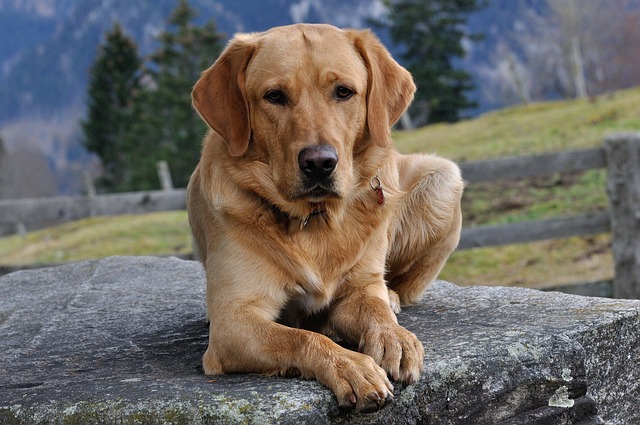
How do i train my dog to be obedient?
Watching your dog dart across the park ignoring your calls isn’t just frustrating—it can put them at risk near busy streets or public spaces.
If you’ve ever watched a new puppy dart around your home, you might wonder when to start guiding them to go outside. Timing potty training right helps avoid frustration—and sets your dog up for long-term success.
Most puppies start showing signs they’re ready for potty training between 12 and 16 weeks old. At this age, their bladders are developed enough to hold it for short periods—usually an hour for each month of age. You’ll notice clues like sniffing the floor, circling, or whining; these are your cues to head outside immediately.
Consistency is key to successful potty training. Stick to a regular schedule: take them out first thing in the morning, after meals, naps, playtime, and right before bed. Always use the same spot in your yard—familiar scents help them understand where to go. Praise them enthusiastically or give a small treat when they go in the right place; positive reinforcement builds good habits fast.
 It’s important to know local laws when potty training your dog. Many areas require you to clean up after your pet in public spaces, and some have leash laws that apply even in your neighborhood. Failing to follow these rules can lead to fines, so keep waste bags handy during every outing. This not only keeps your community clean but also teaches responsibility as a dog owner.
It’s important to know local laws when potty training your dog. Many areas require you to clean up after your pet in public spaces, and some have leash laws that apply even in your neighborhood. Failing to follow these rules can lead to fines, so keep waste bags handy during every outing. This not only keeps your community clean but also teaches responsibility as a dog owner.
Accidents will happen, especially in the first few weeks—don’t punish your puppy for them. Scolding or rubbing their nose in it can make them afraid to go in front of you, which slows down training. Instead, clean the mess with an enzyme-based cleaner to remove all traces of the smell; leftover scents might encourage them to go in the same spot again.
Some dogs take longer to potty train than others, and that’s okay. Small breeds often have smaller bladders and may need more frequent trips outside, while older rescue dogs might have existing habits to unlearn. Be patient and adjust your routine to fit their needs—rushing the process will only cause frustration for both of you.
By starting at the right age, staying consistent, following local laws, and using positive reinforcement, you’ll have a fully potty trained dog in no time. This process isn’t just about teaching them where to go; it’s about building trust and a strong bond between you and your pet. Before you know it, those quick trips outside will become a natural part of your daily routine together.

Watching your dog dart across the park ignoring your calls isn’t just frustrating—it can put them at risk near busy streets or public spaces.

New puppy owners often find themselves rushing to clean up accidents before they set in, and that’s where puppy pad training becomes a game-changer.

If you've noticed your dog's waistline disappearing and your veterinarian has mentioned those few extra pounds, your first instinct might be to simply reduce the amount of food in their bowl.

Training a dog to use a designated spot indoors isn’t as daunting as many new owners fear, but it does take consistency and an understanding of your pet’s needs.

That moment of dread on a walk is all too familiar for many new dog owners. You see another dog approaching down the sidewalk of your neighborhood

If the sight of another dog on your neighborhood walk makes your heart sink as your own dog erupts into a frenzy of barking and lunging, you're not alone.